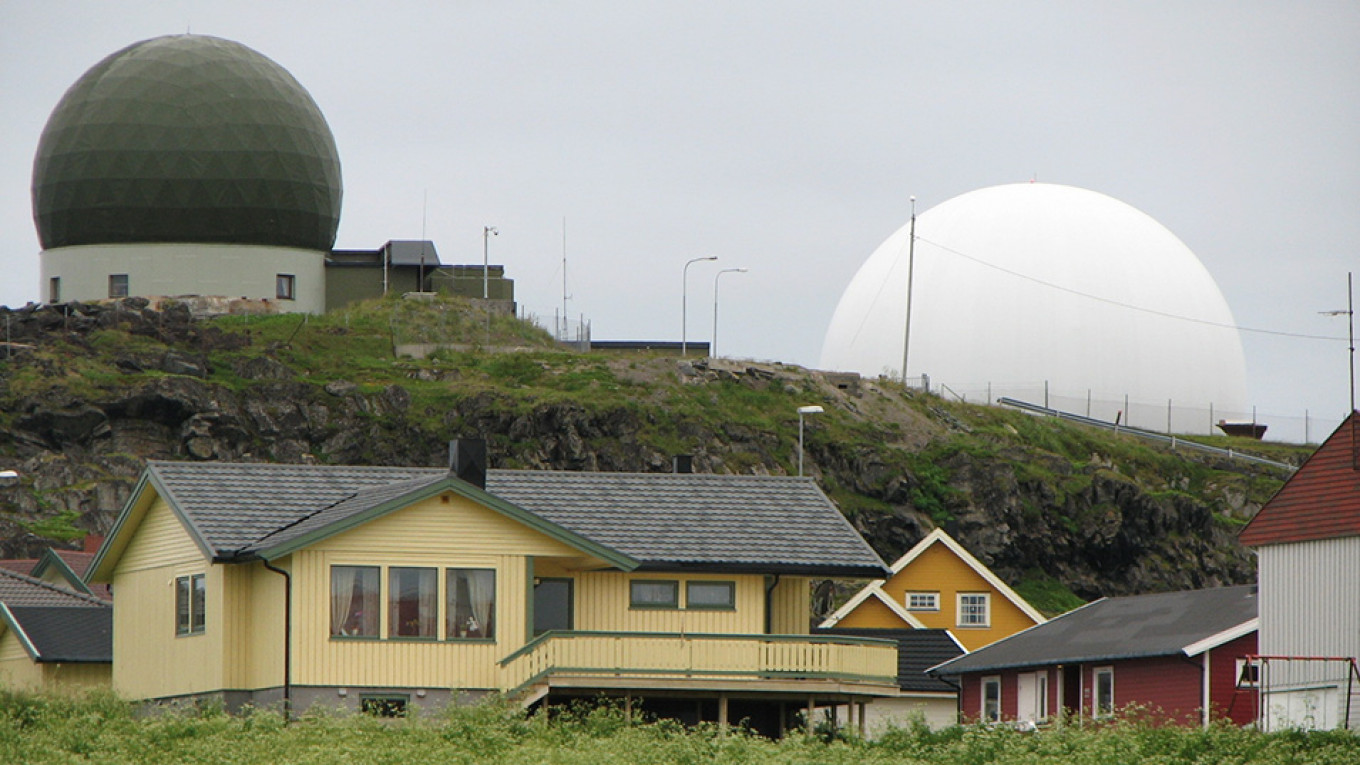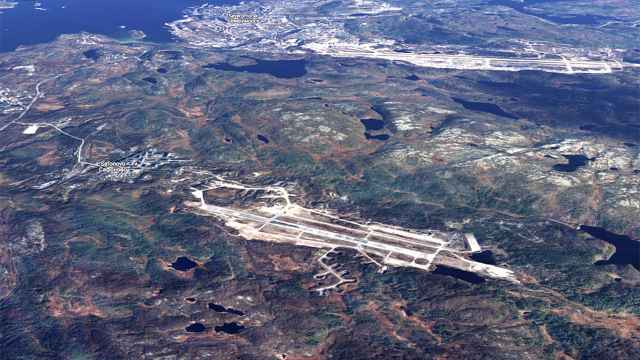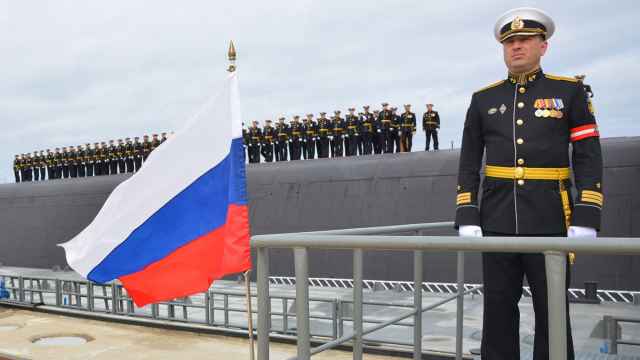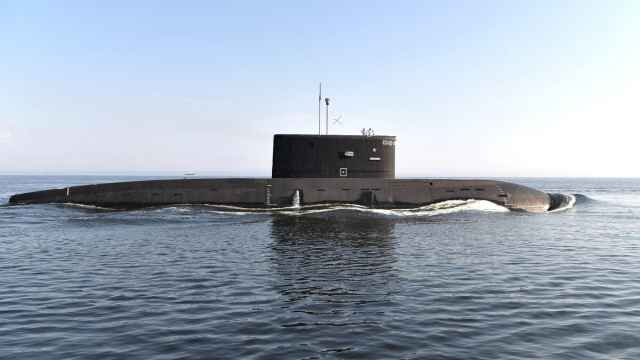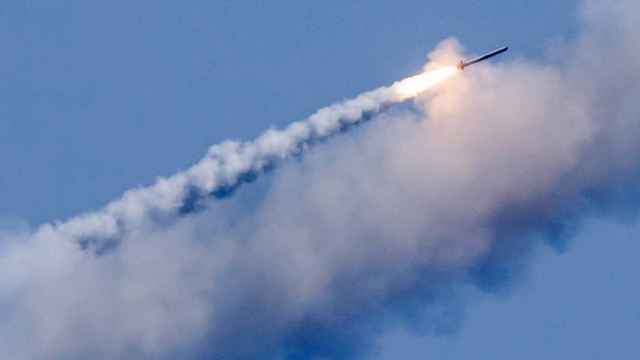Vardø is a small fishing village on a little island off Norway’s coast in the Barents Sea. A huge military radar facility forms its skyline. In clear weather, if you look east across the water, you can see the shoreline of Russia’s Fishermen Peninsula, a northern appendix of the Kola Peninsula.
Officially, the intelligence service operating the facility has never said the word “Russia” when explaining what the radars in Vardø are looking for.
Russia’s Foreign Ministry, though, has a clear view on the purpose of the Globus radar.
“The station is located just 50 kilometers from the border with Russia, served by Norwegian military intelligence. It’s no secret that the information it receives is transmitted to the United States,” Foreign Ministry spokeswoman Maria Zakharova said during a recent press briefing.
“It seems obvious to me that military preparations near Russian or any other borders cannot be ignored by us or other countries,” Foreign Ministry spokeswoman Maria Zakharova said when asked about the new radar currently being installed in Vardø.
“We presume that we will take repose measures to ensure our own security,” she said. A transcript of the press briefing is published on the portal of the Foreign Ministry.
“There is every reason to believe that the radar will precisely monitor the territory of the Russian Federation and will become part of the U.S. missile defense system,” she continued.
The Norwegian Intelligence Service wrote in a statement that the new radar system “ensures continued access to important and relevant information of national importance.”
Moscow fears the radar could be used to track intercontinental ballistic missiles and monitor the Northern Fleet's activities.
Russia’s ballistic missile submarines in the north are all based at Gadzhiyevo, which is just 150 kilometers east of the radar system in Vardø.
Zakharova warned of the radar’s negative influence on stability in the north.
“It is obvious that the deployment of the American radar in the area is not a purely Norwegian issue. It concerns the general context of maintaining stability and predictability in the north,” she said, pointing to recent U.S. statements about security threats in the Arctic.
At the Ministerial Meeting of the Arctic Council in early May, U.S. Secretary of State Mike Pompeo tongue-lashed Russia for reopening military bases in the Arctic.
Maria Zakharova is infamous for undiplomatic statements, but there is also no doubt that Russia’s military establishment is deeply dissatisfied with the Globus radar system in Vardø.
In February last year, a large group of Russian fighter jets made a mock attack on Vardø.
The 11 Sukhoi-24 (NATO name Fencer) supersonic attack aircraft took off from Monchegorsk air base on the Kola Peninsula flying out in the Barents Sea before taking a 180-degree turn into an attack formation towards Vardø.
A similar Russian mock attack on Vardø happened in March 2017. There have also been several incidents with Russian military disturbances of GPS navigation signals in Norway’s border areas near the Kola Peninsula over the past two years.
A Message from The Moscow Times:
Dear readers,
We are facing unprecedented challenges. Russia's Prosecutor General's Office has designated The Moscow Times as an "undesirable" organization, criminalizing our work and putting our staff at risk of prosecution. This follows our earlier unjust labeling as a "foreign agent."
These actions are direct attempts to silence independent journalism in Russia. The authorities claim our work "discredits the decisions of the Russian leadership." We see things differently: we strive to provide accurate, unbiased reporting on Russia.
We, the journalists of The Moscow Times, refuse to be silenced. But to continue our work, we need your help.
Your support, no matter how small, makes a world of difference. If you can, please support us monthly starting from just $2. It's quick to set up, and every contribution makes a significant impact.
By supporting The Moscow Times, you're defending open, independent journalism in the face of repression. Thank you for standing with us.
Remind me later.


